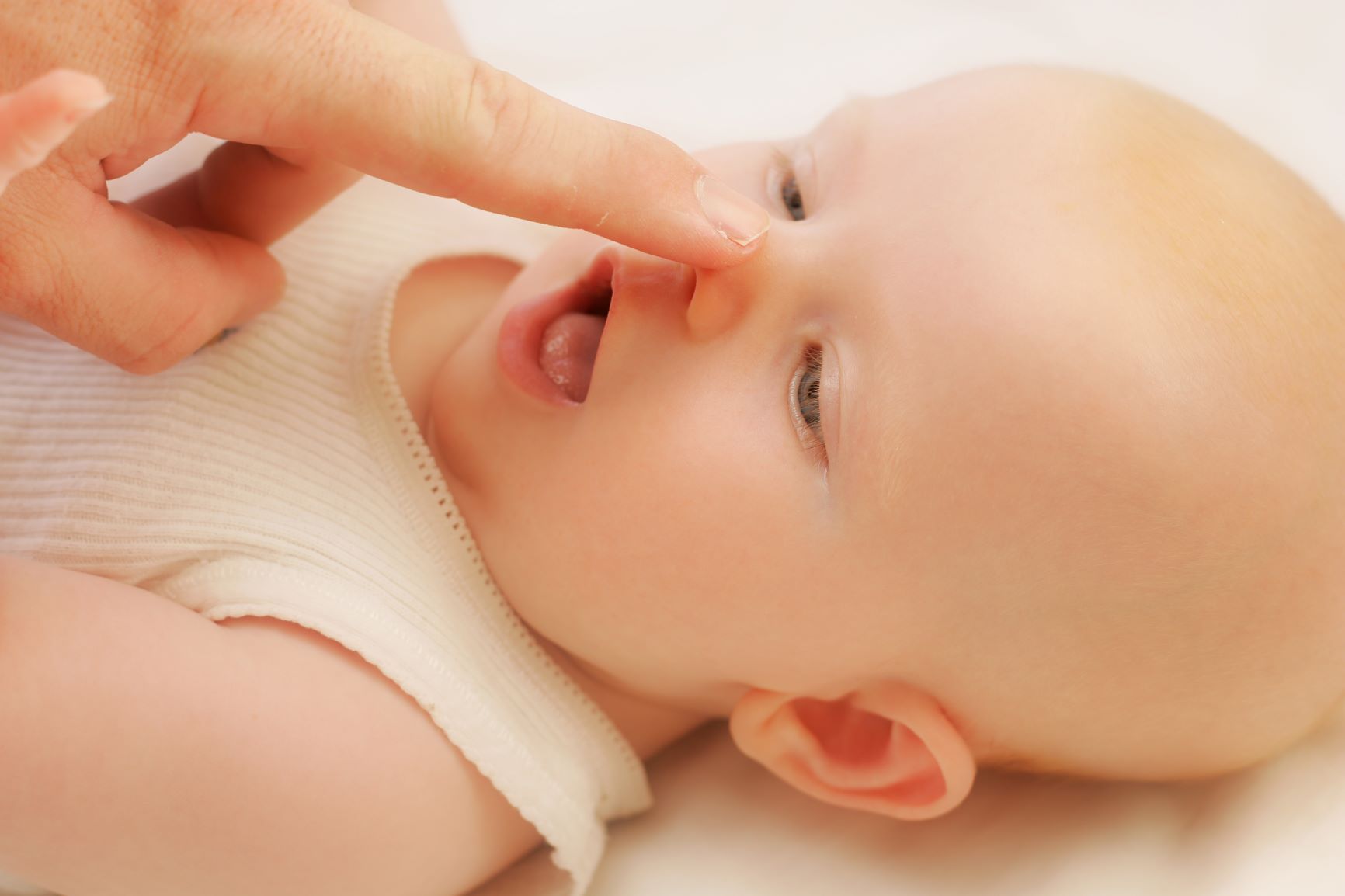Search
Showing results for "early life"
Research
Cough in Children and Adults: Diagnosis, Assessment and Management (CICADA). Summary of an updated position statement on chronic cough in AustraliaCough is the most common symptom leading to medical consultation. Chronic cough results in significant health care costs, impairs quality of life, and may indicate the presence of a serious underlying condition. Here, we present a summary of an updated position statement on cough management in the clinical consultation.
Research
Early nasal microbiota and subsequent respiratory tract infections in infants with cystic fibrosisRespiratory tract infections (RTIs) drive lung function decline in children with cystic fibrosis (CF). While the respiratory microbiota is clearly associated with RTI pathogenesis in infants without CF, data on infants with CF is scarce. We compared nasal microbiota development between infants with CF and controls and assessed associations between early-life nasal microbiota, RTIs, and antibiotic treatment in infants with CF.

Investigating the possible contributors to childhood lung disease by studying the epithelial cells from the nose at birth.
Research
Improving the Journey Before, During and After Diagnosis of a Neurodevelopmental Condition: Suggestions from a Sample of Australian Consumers and ProfessionalsThe current study used a transdiagnostic approach to explore experiences of consumers and professionals on how the process of assessing and diagnosing neurodevelopmental conditions can be improved.
Research
Preterm infants have deficient monocyte and lymphocyte cytokine responses to group B streptococcusGroup B streptococcus (GBS) is an important cause of early- and late-onset sepsis in the newborn. Preterm infants have markedly increased susceptibility...
Research
Quantitative and qualitative insights into the experiences of children with Rett syndrome and their familiesEarly presentation of Rett syndrome, including regression and challenges for families seeking a diagnosis
Research
Anti-Müllerian hormone concentration is associated with central adiposity and reproductive hormones in expectant fathersThe role of the anti-Müllerian hormone (AMH) as an indicator of physical and reproductive health in men is unclear. We assessed the relationships between AMH and follicle-stimulating hormone (FSH), luteinizing hormone (LH), testosterone, and metabolic parameters, in a cohort of expectant fathers.
Research
Assessment of cardiometabolic risk in children in population studies: underpinning developmental origins of health and disease mother–offspring cohort studiesPregnancy and birth cohorts have been utilised extensively to investigate the developmental origins of health and disease, particularly in relation to...
Research
Targeting the mucosal immune system in a mouse model to prevent pregnancy complications following maternal bacterial infectionThis work is the first step to develop safe treatments for pregnant mums to protect against preterm delivery and low birth weight caused by maternal infections.

Research shows at least a third of newborns receive formula in hospital, a practice shown to be associated with an increased risk of cow’s milk allergy.
